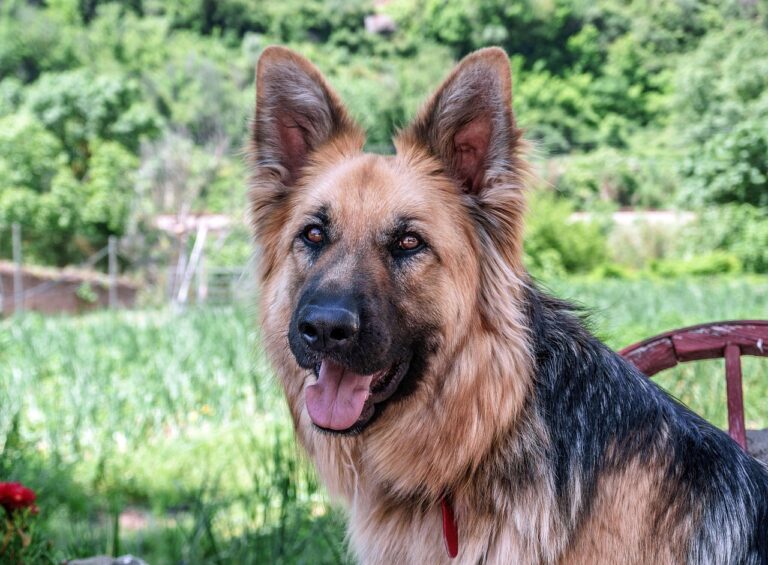15 Must-Know Facts About Dogs and Mushrooms!

Understanding the world of mushrooms can be confusing for dog owners. While some mushrooms are safe and nutritious for our pet pals, others can be toxic and harmful. This comprehensive guide explores 15 vital insights about dogs and mushrooms that’ll help you make informed choices to keep your pup healthy!
Mushrooms Come in Many Varieties

Mushrooms come in various types, each with unique characteristics. Some are safe for dogs, while others can cause serious health issues. Familiarizing yourself with edible versus toxic varieties is essential for ensuring your dog’s safety. This insight allows you to make educated choices about your dog’s nutrition.
Certain Mushrooms Are Safe for Dogs

Certain mushrooms, like button and shiitake, are safe for dogs and may even offer health benefits. These varieties are rich in nutrients and can enhance your dog’s diet. However, it’s necessary to cook them properly and serve them in moderation to ensure they are easily digestible for your pup.
Toxic Mushrooms Pose Serious Risks
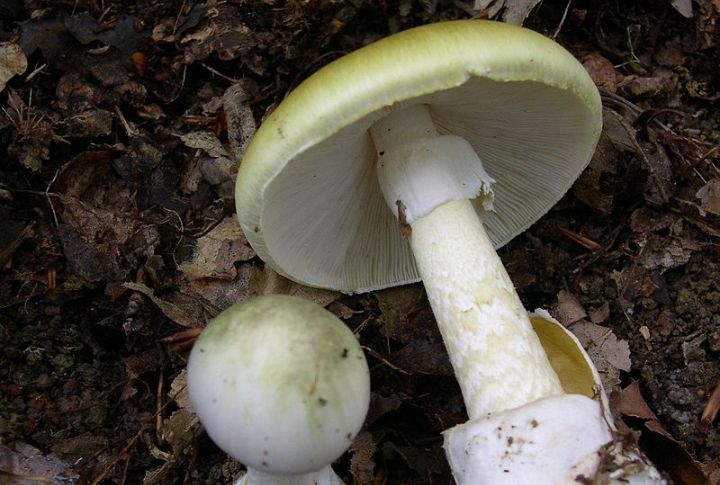
Many wild mushrooms are poisonous and dangerous for dogs. Common varieties, such as Amanita phalloides (death cap) and Amanita muscaria (fly agaric), pose severe risks. Always be cautious when allowing your dog to explore wooded areas, and remember about the most dangerous types to watch for.
Signs of Mushroom Poisoning

If your dog ingests a toxic mushroom, act quickly. Symptoms of poisoning can manifest as vomiting, diarrhea, lethargy, and seizures. Prompt veterinary care is essential for maximizing the chances of recovery. Getting knowledgeable about these symptoms can save your dog’s life and provide peace of mind during outdoor adventures.
Myths About Mushrooms and Dogs
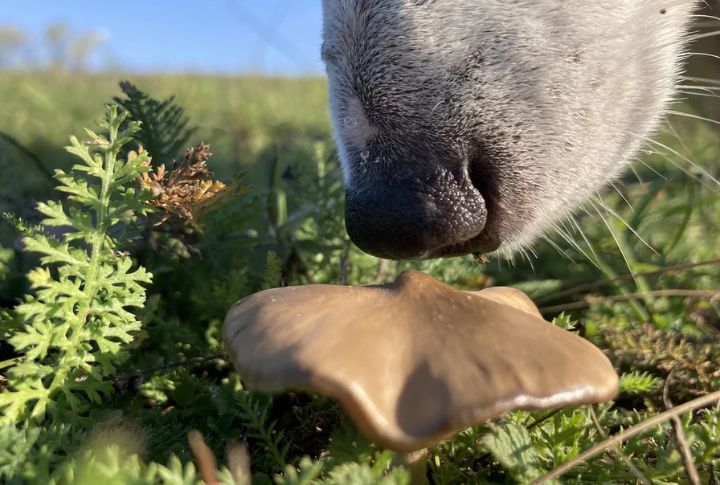
Misconceptions about mushrooms and dogs are common. Many believe that all mushrooms are harmful or that wild varieties are always safe. A clear understanding of the facts versus myths helps you to interpret this topic confidently and make the best choices for your pet’s health and well-being.
Cooking Mushrooms Is Essential
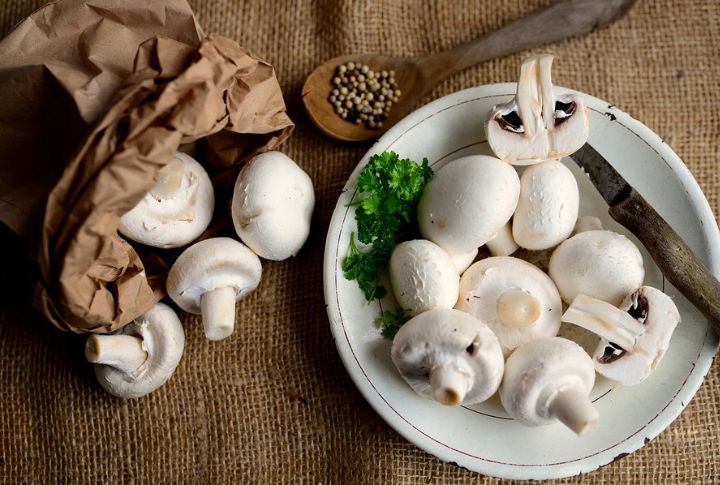
Cooking mushrooms before feeding them to your dog is necessary. Raw mushrooms can be harder to digest and may contain toxins that cooking can eliminate. Steaming or sautéing mushrooms in a small amount of oil can enhance their flavor and nutritional value while ensuring your pup’s safety.
Moderation Is Important
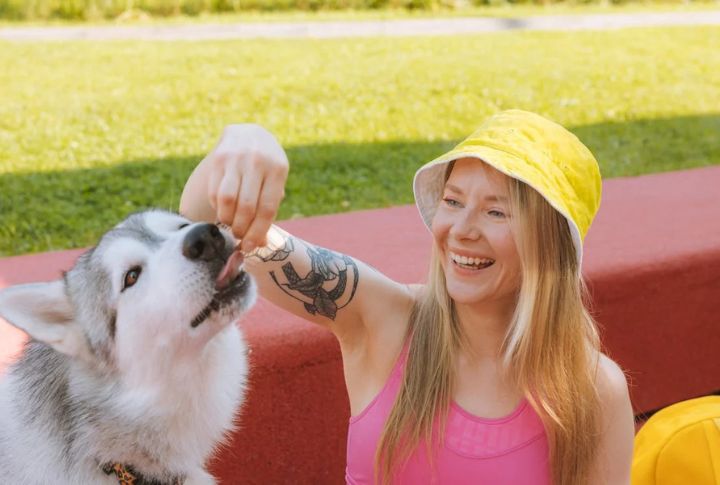
Even safe mushrooms should be given in moderation. Overfeeding can lead to digestive upset in dogs. Start with small portions and monitor how your dog reacts before making mushrooms a regular part of their diet. This cautious approach promotes healthy eating habits and keeps your pup feeling great.
Nutritional Benefits of Mushrooms Are Significant
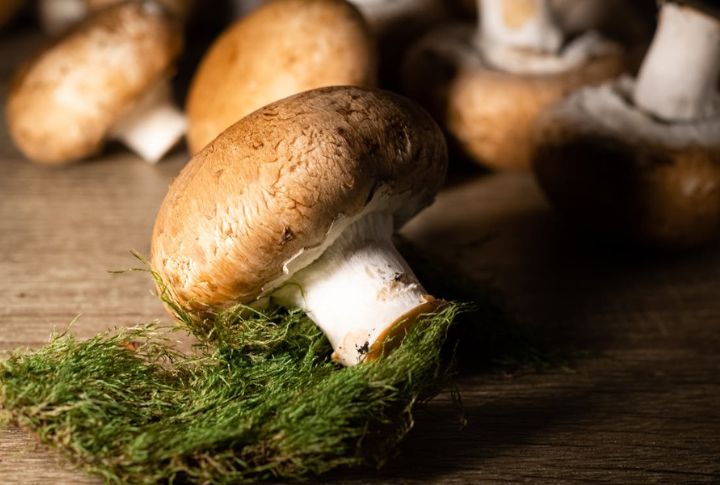
Mushrooms are rich in vital nutrients, including vitamins, minerals, and antioxidants. These beneficial compounds can support your dog’s immune system and overall health. You can incorporate safe mushroom varieties into your dog’s diet and create a flavorful way to enhance their nutrition while offering a tasty treat.
Homemade Mushroom Treats Can Be Fun
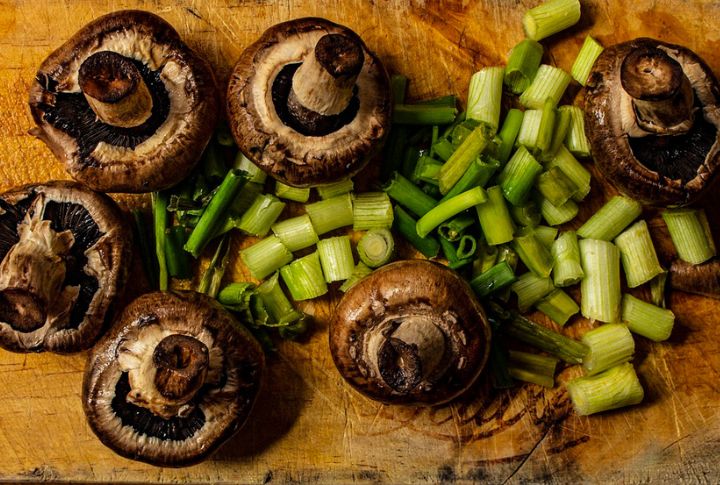
Creating homemade mushroom treats for your dog can be fun and rewarding. Combine cooked mushrooms with other dog-friendly ingredients like sweet potatoes or oats for a nutritious snack. Try experimenting with recipes that allow you to customize treats while still catering to your pup’s taste preferences and dietary needs.
Consulting Your Vet Is Always Recommended
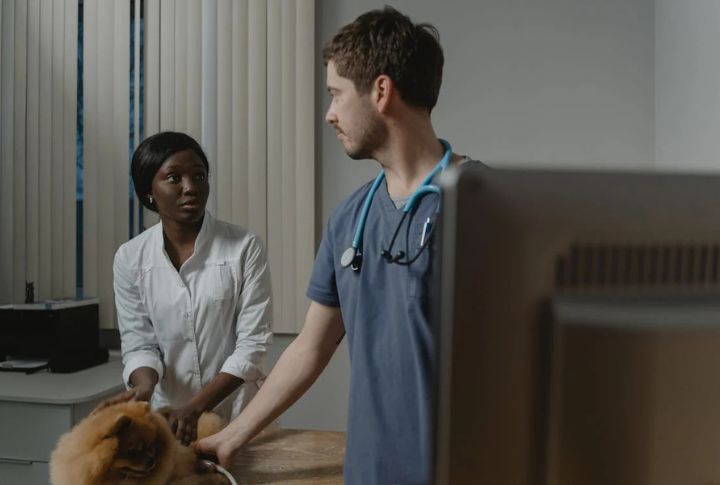
It’s important to consult your veterinarian before adding any new foods, including mushrooms, to your dog’s diet. Your veterinarian can offer tailored guidance considering your dog’s health, age, and dietary requirements. Professional guidance ensures that your pup receives the best possible nutrition while minimizing risks associated with new foods.
Foraging for Mushrooms Requires Caution
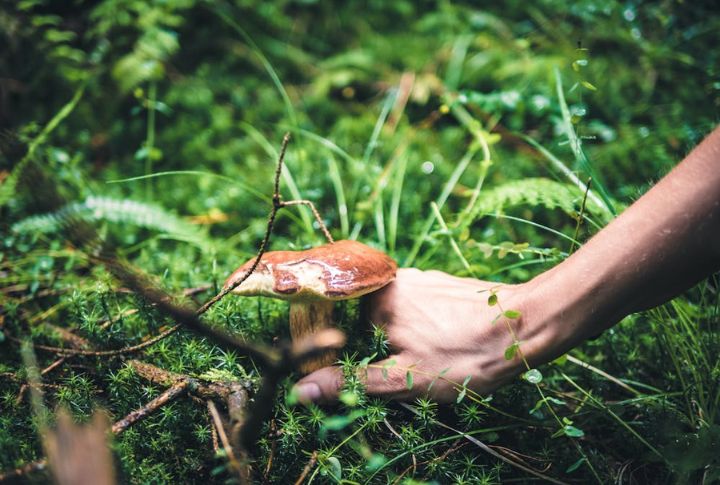
Foraging for mushrooms can be an exciting activity, but it requires caution. If you plan to collect wild mushrooms, understand the safe identification techniques. Consider bringing an expert along to ensure that you don’t accidentally collect toxic varieties to keep both you and your dog safe during outdoor adventures.
Storing Mushrooms Properly Is Required
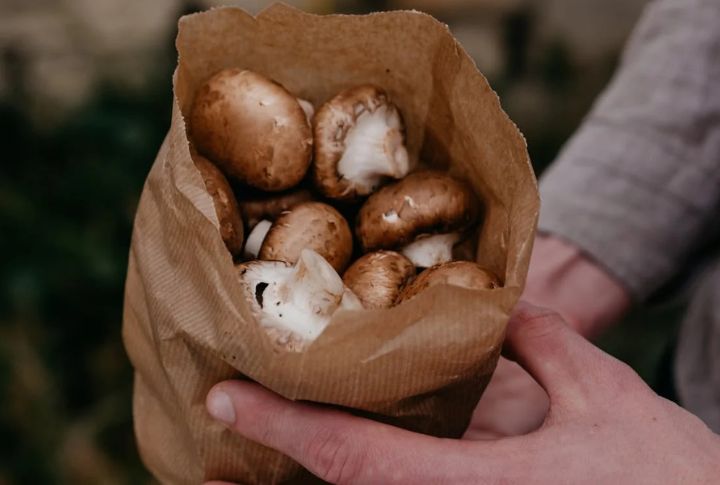
Keep mushrooms in a cool, dry place and consume them within a week. If you observe any signs of spoilage, like discoloration or an unpleasant smell, dispose of the mushrooms right away to avoid any possible health risks for your dog. Always prioritize your pet’s safety by ensuring their food is fresh and safe.
Using Mushrooms as Training Treats Works Well
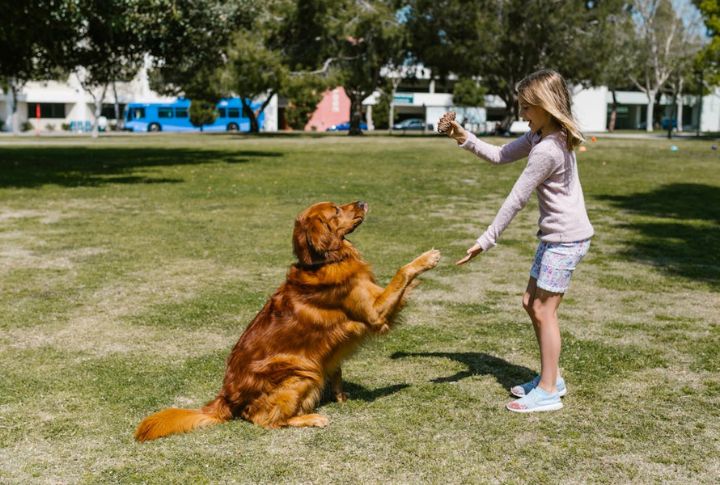
Using mushrooms as a training treat can be an effective way to reward your dog. Their unique texture and flavor can motivate your pup during training sessions. Remember to keep portions small and balanced with their overall diet, ensuring your dog remains healthy and happy.
Watch for Allergies
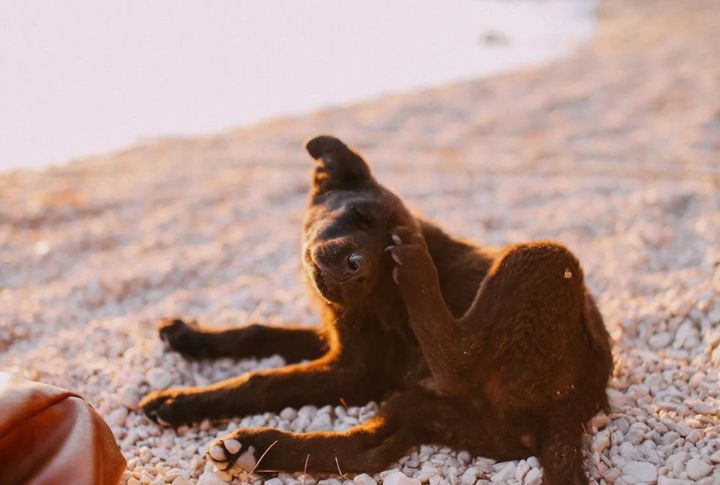
Some dogs might experience allergies to specific foods, such as mushrooms. Introduce mushrooms gradually and monitor for any adverse reactions, such as itching, gastrointestinal upset, or unusual behavior. Being attentive to your dog’s health and well-being will help you identify potential allergies early on. Always be prepared with first aid steps in case of an emergency.
Mushrooms Can Be a Nutritious Addition

When chosen carefully, mushrooms can be a delightful addition to your dog’s diet. With knowledge of safe varieties, preparation methods, and portion control, you can provide nutritious treats that promote your dog’s health. Stay informed and make mushroom choices that enhance your pup’s well-being for years to come!

